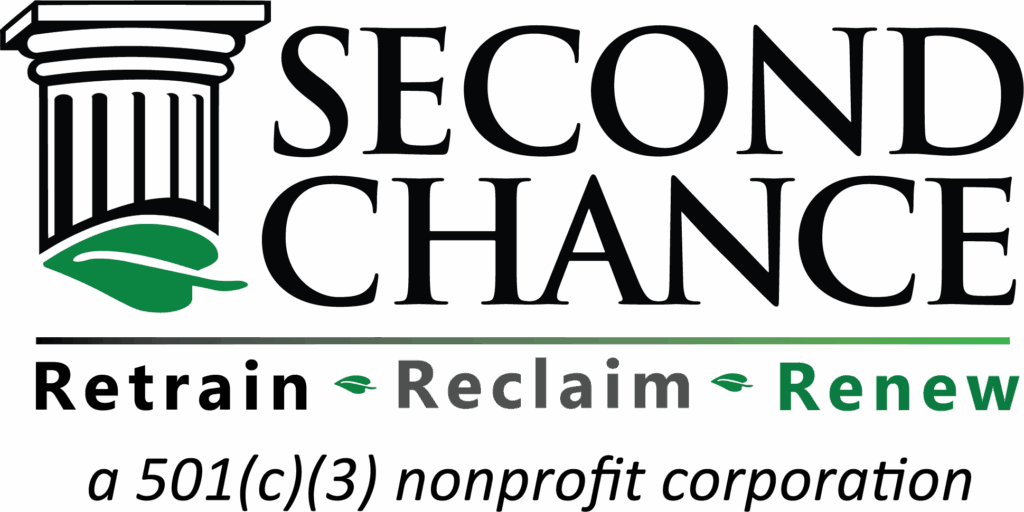In the video “Java with Jim,” Jim Reese speaks with Mark Foster, the founder and CEO of Second Chance, a nonprofit organization based in Baltimore. This educational article delves into Second Chance’s mission, unique programs, and its role in community upliftment and environmental sustainability.
The Mission of Second Chance
Second Chance is dedicated to providing opportunities for individuals reentering society after incarceration. Founded 20 years ago, the nonprofit seeks to bridge the gap between returning citizens and sustainable employment by equipping them with job skills and life training. Its mission is twofold: to offer a second chance to people and to salvaged materials, reflecting its commitment to both social and environmental causes.
Workforce Development and Job Training
At the heart of Second Chance is its workforce development program. Unlike typical job training, this initiative focuses on creating well-rounded individuals capable of long-term success. Training includes life skills such as time and anger management, coupled with practical experience in various roles like sales, warehousing, and cashiering. Participants gain hands-on experience in the nonprofit’s operations, which extend beyond retail.
The Deconstruction Program
One of Second Chance’s standout programs is deconstruction. This involves dismantling buildings piece by piece, salvaging reusable materials, and reducing landfill waste. Mark Foster highlights how this program not only provides critical job training but also instills an environmentally-conscious mindset in participants. With over 100 workers actively involved daily, this program exemplifies the nonprofit’s large-scale impact.
Environmentally-Focused Initiatives
Second Chance’s environmental initiatives go beyond deconstruction. Salvaged materials are repurposed and sold, promoting sustainability. The organization also educates the community on how such practices can reduce environmental footprints. A prime example is the “concept house,” a model home constructed entirely from reclaimed materials, serving as both an educational tool and a testament to the organization’s vision.
Resilience Through Challenges
Despite economic downturns and the challenges of the COVID-19 pandemic, Second Chance has managed to thrive. Mark Foster attributes this resilience to the organization’s adaptability and the growing community demand for affordable, sustainable materials. The nonprofit has used these periods to bolster its programs and continue its mission.
A Broader Impact
Second Chance does more than provide employment—it changes lives. Participants often come from disadvantaged backgrounds with limited opportunities. Through workforce development and a supportive network, the organization empowers individuals to rebuild their lives and contribute meaningfully to society.
Second Chance is a beacon of hope for Baltimore and beyond. By addressing the needs of returning citizens and promoting sustainability, it provides a transformative model for community development. Through innovative programs like deconstruction and initiatives like the concept house, Second Chance proves that with the right support, people and materials alike can have a second chance.
